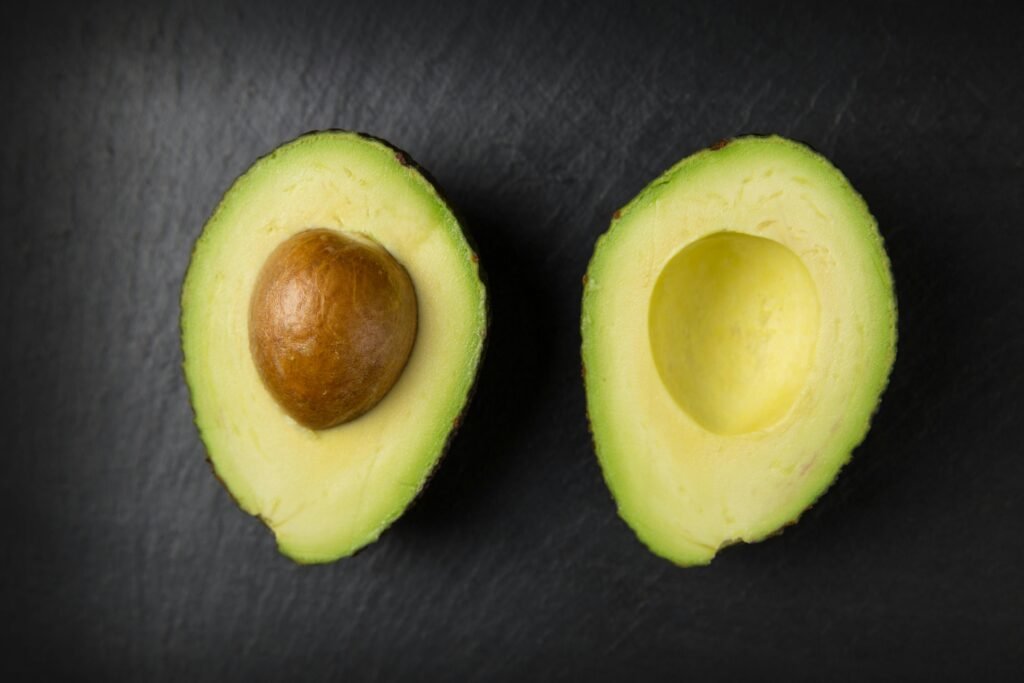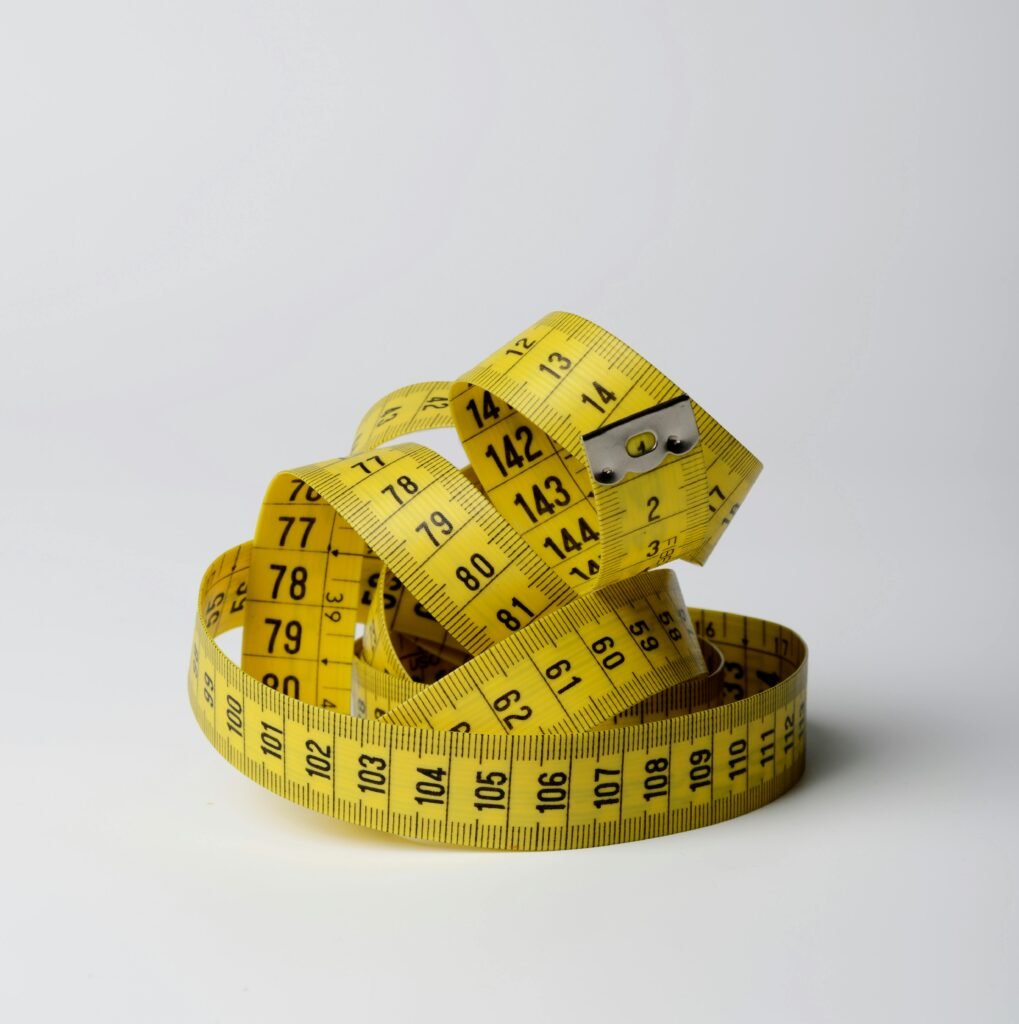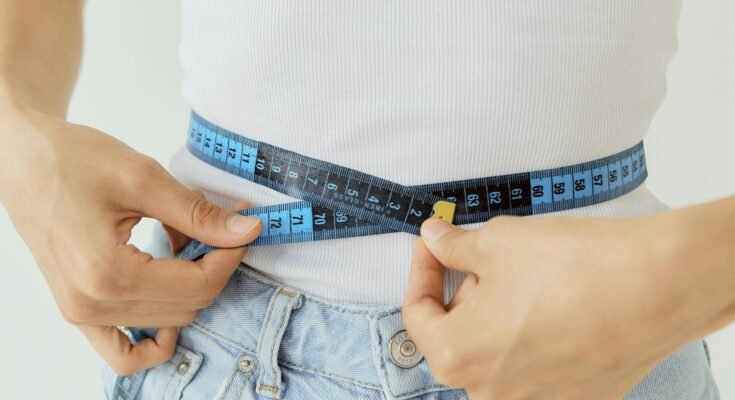Introduction
During your search for weight loss, you’re drown in advice on fad diets, trending exercise regimens and quick-fix solutions promoting instant results. Unfortunately, not all of this information reflects reality or is helpful; believing in weight loss myths can diminish your progress, jeopardize your health and leave you feeling hopeless.
It’s time to set the record straight. Let’s expose the top 5 weight loss myths you need to stop believing—and what works.
1. Myth: You Get Fat From Carbs.

Reality: Carbohydrates are not your enemy.
For many years carbs were thought to cause weight gain, and it is grossly oversimplified. Your body requires carbs for fuel as it is our main source of energy, particularly for brain function and physical activity. The difference is the type of carbohydrates and the quantity you eat.
Consuming simple carbs, like white bread, baked goods, sweets or sugary drinks can increase your blood sugar levels, which can lead to increased fat storage. Other options like complex carbohydrates, brown rice, oats, sweet potatoes and quinoa, take longer to digest and gives you longer-lasting energy.
Smart Tip: Carbohydrates are not the enemy. If you choose whole, fiber-rich carbohydrates and are aware of portion size, they can be effective for weight loss.
2. Myth: Skipping Meals is a Great Way to Lose Weight Quick

Reality: Skipping meals can backfire.
You might think eating fewer meals is a good way to reduce calories. But skipping meals (most importantly breakfast) has been shown to slow metabolism and contribute to overeating later in the day. When you skip meals, sometimes your body can go into survival mode, where it conserves energy and stores more fat.
Smart Tip: Eat frequent, balanced meals with protein, fiber, and healthy fats to keep your metabolism working, and reduce cravings.
3. Myth: Fat Has No Place in a Healthy Diet

Reality: Healthy fats are your friend.
Fat was demonized for many years in the dietary world, but we’ve learned that not all fat is bad. In fact, the unsaturated fats in foods such as avocados, nuts, seeds, olive oil, and fatty fish are important to our hormones, our brain, and help us feel fuller longer which can reduce unwanted snacking.
Trans fats and heavily processed food contribute to weight gain and serious health issues.
Smart Tip: Add small amounts of healthy fats to your meals to increase satisfaction and help improve your overall health.
4. Myth: Exercising by Itself Is Sufficient for Weight Loss

Reality: You can’t out-exercise a bad diet.
Exercise is an important component for burning calories, increasing muscle tissue and improving heart health. However, if you also do not pay attention to your calorie consumption, your results may plateau, or be unnoticeable. Most professionals agree that weight loss is 70-80% nutrition, and 20-30% exercise.
For example, you could spend hours in the gym, but if you are eating a surplus amount of calories or the wrong things, it would take a long time to see progress, if at all.
Smart Tip: Combine regular exercise with smart, calorie centered eating for a lasting weight loss program.
5. Myth: The Scale Is The Best Way to Measure Progress

Reality: Weight is only one part of the picture.
The scale is a great tool to measure progress, but it doesn’t tell the whole story. Muscle weighs more than fat. Also, you could be getting leaner and stronger and not seeing much movement on the scale. Weight can even vary day to day due to hydration, hormonal effects or digestion.
Smart Tip: Use a combination of measurements, photos, how your clothes fit, and energy levels to evaluate your progress more accurately.
Conclusion
You can lose weight, but it doesn’t need to be through extreme restrictions, extreme diets or the elimination of whole food groups altogether. Success is about balance, time and having realistic expectations as to what can actually be achieved.
Now that you have uncovered the truth behind these five common weight loss myths, you are better positioned to define your healthy lifestyle aimed at long term sustainability opposed to short term solutions. Remember, knowledge is power and the right knowledge relating to you and your health can often make all the difference.



